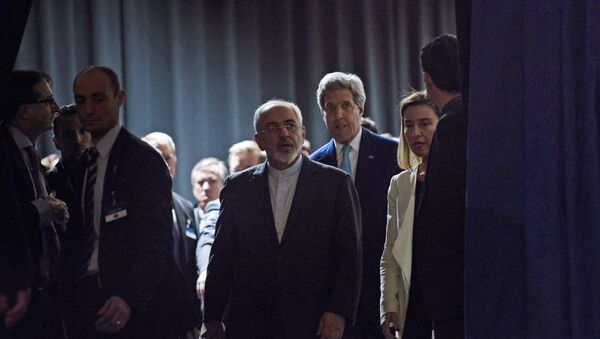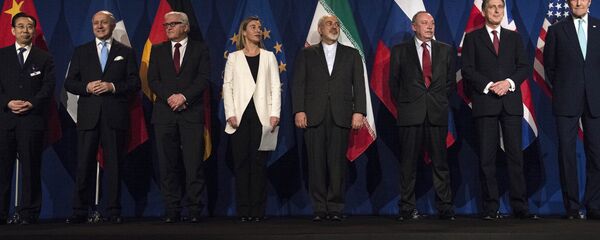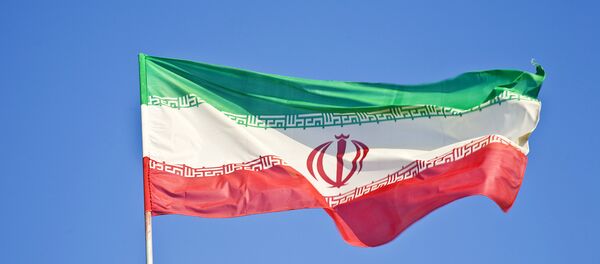With that in mind, it would serve well to look at three of the consequences that the Western media is least expecting, but which could realistically materialize from the lifting of international sanctions against Iran.
The Israeli-Saudi Axis
The strategic relationship between Tel Aviv and Riyadh has been long in the making and largely in the shadows, but it could come to public light in the aftermath of both states’ vehement opposition to the nuclear deal.
It’s no secret that Israel and Saudi Arabia virulently hate Iran, and there had been reports in the past that they were coordinating a joint attack against it.
While it’s unlikely that they’ll actually go that far, what’s more foreseeable is that Israel will become a de-facto member of the Arab NATO through its coordinated anti-Iranian policies with Saudi Arabia, which would thus further expand the reach of the US’ new Lead From Behind entity in the Mideast.
The Southern Energy Corridor Surges
One of Brussels’ most important foreign policy priorities is to secure non-Russian sources of energy, and the recent groundbreaking of the TANAP gas pipeline in Turkey is an important step in this direction.
When completed, the Southern Energy Corridor (as the general concept is being called) is envisioned to bring Azeri gas to Italy through Turkey, Greece, and Albania, but its ultimate capacity of 31 billion cubic meters is about half of what Russia is promising to provide through Turkish Stream, which thus hampers its anti-Russian diversification purpose.
The Iranian deal can change this because the removal of sanctions means that it’s fair game for the massive Iranian and Turkmen gas reserves (some of the largest in the world) to be tapped and sold to the hungry European market.
Pipelines can be built from these countries to Turkey for their eventual connection to TANAP, which could see its capacity increased to accommodate for the forecasted surge in resources. Iranian oil can also find its way to the EU via a similar route, and if it does, then it could serve to depress prices even lower than they currently are.
Tehran Joins Shanghai
As it currently stands, prospective members are prohibited from joining if they’re under multilateral international sanctions (not unilateral ones like those imposed by the US Congress) and must accordingly remain observers until the situation is resolved.
If everything goes according to plan, however, then the sanctions previously enacted by the UNSC should be removed shortly before then, giving the green light to Tehran to join if it so chooses. Should that transpire, Iran would further deepen its integration with the non-Western world and achieve a suitable counterbalance to what some expect to be the rapid intensification of its trade ties with the West.




